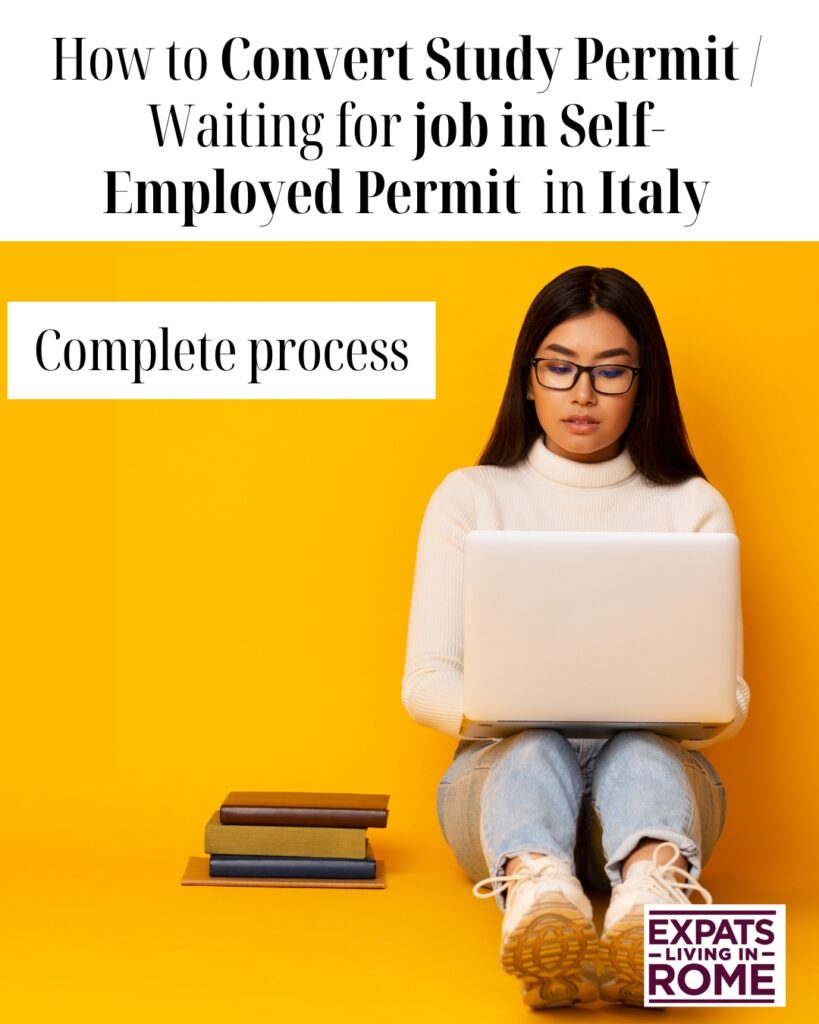Expats & Tax Reform – Expats In Rome
 Taxes For Expats has received many requests to explain the tax filing requirements for Americans residing in Italy.
Taxes For Expats has received many requests to explain the tax filing requirements for Americans residing in Italy.
Here are a few easy to digest guides covering what you need to know – and nothing you don’t.
- Please see our U.S. Tax Guide for 2018 for complete info on tax filing requirements as an American abroad.
- We’ve also put out an entire section of our website devoted to the recent tax reform and its effect on expats – TFX on Tax Reform
Expat Tax 101
- Filing is required, even if you do not live in the states. If you are a US citizens or Green Card holder, you must (assuming you meet the minimum filing thresholds) file an annual tax return reporting their worldwide income.
- Although filing is compulsory – most don’t have to pay. The good news is that most expats don’t end up paying any taxes to the IRS. There are many tax deductions available which allow taxpayers to deduct more than $100,000 from their taxable income. But – they must continue to file. Failure to do so can lead to penalties.
- FBAR & FATCA filing requirements (treasury). Aside from filing returns, you may also be subject to FBAR and FATCA (Form 8938) filing requirements. These forms do not generate tax due, but are simply informational — do not ignore these! Failure to file these informational forms may generate large penalties. FBAR is filed with the treasury and is required if the sum of your non-US accounts exceeds $10k USD at any point in the year. FATCA (form 8938) has higher thresholds (depends on where you live and what your marital status is – see our full guide link above), and is filed as part of your tax return to the IRS.
How do the requirements differ from stateside taxpayers?
- Two extra months to file:: The first and most straightforward difference is the date when your tax return is due. If you reside abroad on tax day, April 15, you are eligible for an automatic extension to file until June 15. If you would like, you can also apply for an additional extension to file until October. Now – although you can file later with the extension, if you do wind up owing tax, interest will begin to accrue from April 15.
As of last year (2017),, the date for FBAR is April 15 as well.
- Deductions are not automatic! In order to benefit from the myriad of exclusions available – the Foreign Earned Income Exclusion (FEIE), Foreign Tax Credit, Foreign Housing Exclusion, Treaty exclusions, and many more – your tax return must be prepared correctly and tax saving tools utilized properly.
- Unlike a U.S. employer which will issue a W-2, which will be sent to the IRS and to you, your foreign employer will not provide you with such a form (and even if there is a local tax declaration, it does not get forwarded to the IRS). As such, you should keep accurate records of your finances.
- Depending on where you live, and what your personal financial situation is, the complexity of your filing can vary. Factoring self-employment complications, foreign pension treatment, treatment of employer contributions, taxability of foreign passive investment corporations, totalization agreements, and digging through the dense web of tax treaties, the world of expat taxes is difficult and can make the most astute of regular CPAs throw their hands up in defeat.
Self Employed in Italy – Read Carefully!
Like many other western countries, Italy has a Totalization agreement with the US. What this means in plain english is that if you pay into the social security system of the foreign country as a self-employed individual, you do not have to pay into the U.S. system as well Ie – you won’t have to pay Self employment tax.
- What makes Italy different, is that this only applies to Italian citizens. Non-citizens of italy must pay into the US Social security system. Exemption from SECA tax for self-employed US citizens/green card holders residing in Italy is granted only to Italian citizens. Non-citizens of Italy must pay self-employment to the US Social Security system.
- Most people make contributions to the Italian system (INPS) – to receive social benefits and medical coverage – yet, those contributions cannot be claimed for exemption from US SECA tax – unless the taxpayer is a citizen of Italy.
Ines Zemelman, EA is the founder of www.taxesforexpats.com She can be reached at [email protected]






Leave a Comment:
You must be logged in to post a comment.